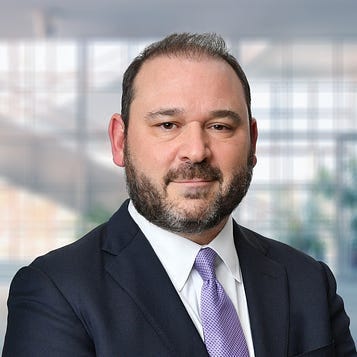💥Notice of Appearance: Andrew Glenn💥
Andrew Glenn, Managing Partner at Glenn Agre Bergman & Fuentes LLP
This week we welcome an appearance by Andrew Glenn, Managing Partner at Glenn Agre Bergman & Fuentes. We’re happy to have Andrew here because he’s been a key player in some of the big name bankruptcies of the last several years. Let’s dive in.
PETITION: Let’s start with a big one — an oldie but goodie. You really caught a lot of people’s attention in the…


